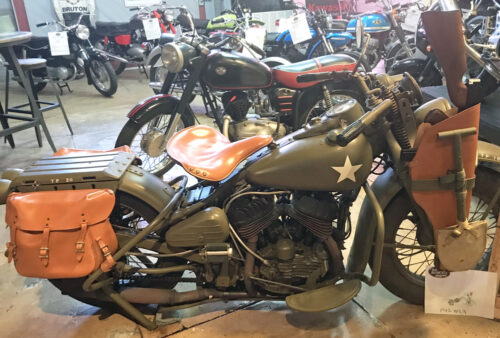This report, of a school district eliminating all books published before 2008 from the shelves of school libraries struck me as more-than-usually horrifying, when it comes to stupidities enacted by a public school system. Of course, there is some comfort not much to be had in the fact that the school district in question is in Canada, but bad ideas in pedagogy have the unfortunate tendency to go international. I am a hundred percent certain that many American school districts have wokified administrators just chomping at the bit in their eagerness to perform the same purge on their own school libraries. Part of the great purge plan allows for an intensive review of pre-2008 books and restoring certain of them to school library circulation upon being judged appropriate most likely after extensive editing or bowdlerization to remove every scrap of bad-thought.
Diversions
Another Brand Bites the Dust?
So Dove, a venerable brand of bar soap (owned by Lever Brothers, AKA Unilever, which has an enormous stable of household brands) looks to have trod heavily on its metaphorical private parts in falling for the supposed magic of an internet celebrity “influencer”, a woman who bears a notable resemblance to the Venus of Willendorf and is a malicious racist besides. I swear, I wonder if someone has spiked the coffee urns or the water coolers at whoever is the most currently popular advertising agency with hallucinogenic compounds, or if the advert creators and the approving corporate C-suite executives have all just drunk too deeply of the magical diversity madness. There is a place for edgy and it’s not with mainstream commodities with a long history of appealing to a wide segment of consumers. On recent examination, I deduce that they are not teaching this in marketing classes lately.
The Tottering Colossus
We beat feet from cable for our nightly television viewing about ten years ago my, how the time flies when you are having fun. We went to various subscription services at a quarter the cost of the monthly cable bill. This came about when we realized that there were only a couple of channels or services provided by cable that we watched regularly; this last weekend, we racked our memories, trying to recall the last American broadcast TV program that we looked forward to and made a point of watching. (Castle, BTW, mostly because of Nathan Fillion … which had its last season in 2016.) We have lavished our screen-watching time ever since then on old, or foreign movies and series, of which there is a rich and entertaining selection everything from Blackadder, to the original Upstairs, Downstairs (Great Britain), to things like A Place to Call Home, 800 Words and Brokenwood Mysteries (Australia/New Zealand). Currently, the evening watching for us is The Durrells (BBC, and only minimal traces of wokery), while Wee Jamie seems to be fascinated by Alien TV (Australian), Grimmy and the Lemings (Canadian/French) and Masha and the Bear (Russian.)
Chicagoboyz Love Classic Transportation

This motorcycle and 98 other vintage machines are at a small museum in Johnson City. Their facebook page is here. ( The museum is housed in an old garage which used to be a Ford dealership. At a market event in Johnson City some years ago, we talked to a gentleman whose father or grandfather had owned it then. LBJ used to come in and have them put his car on the lift with him in it so that he could hide from his Secret Service duty agents, and have a quiet drink and a smoke.)
History Friday: The Infatigable Mother Bickerdyke
Mary Ann Bickerdyke, who really ought to be at least as well-known as Florence Nightingale for superhumanly heroic efforts on behalf of nursing wounded soldiers, was born in 1817 in Ohio to a family with the surname of Ball. At the time, Ohio was the just-over-the-mountains-western frontier. She was supposed to have been one of the first women to attend Oberlin College, but never graduated. The two post-Civil War biographies that I have read say that she was called home to attend family members during an epidemic. She is supposed to have studied herbal/botanical medicine which given the parlous state of medical education and practice in the United States at the time probably put her as being as effective a medic as most. She married Robert Bickerdyke and settled in Galesburg, Illinois, where she bore two sons and established a reputation for being a quietly formidable woman.